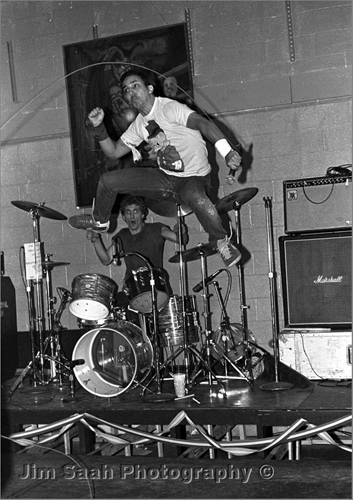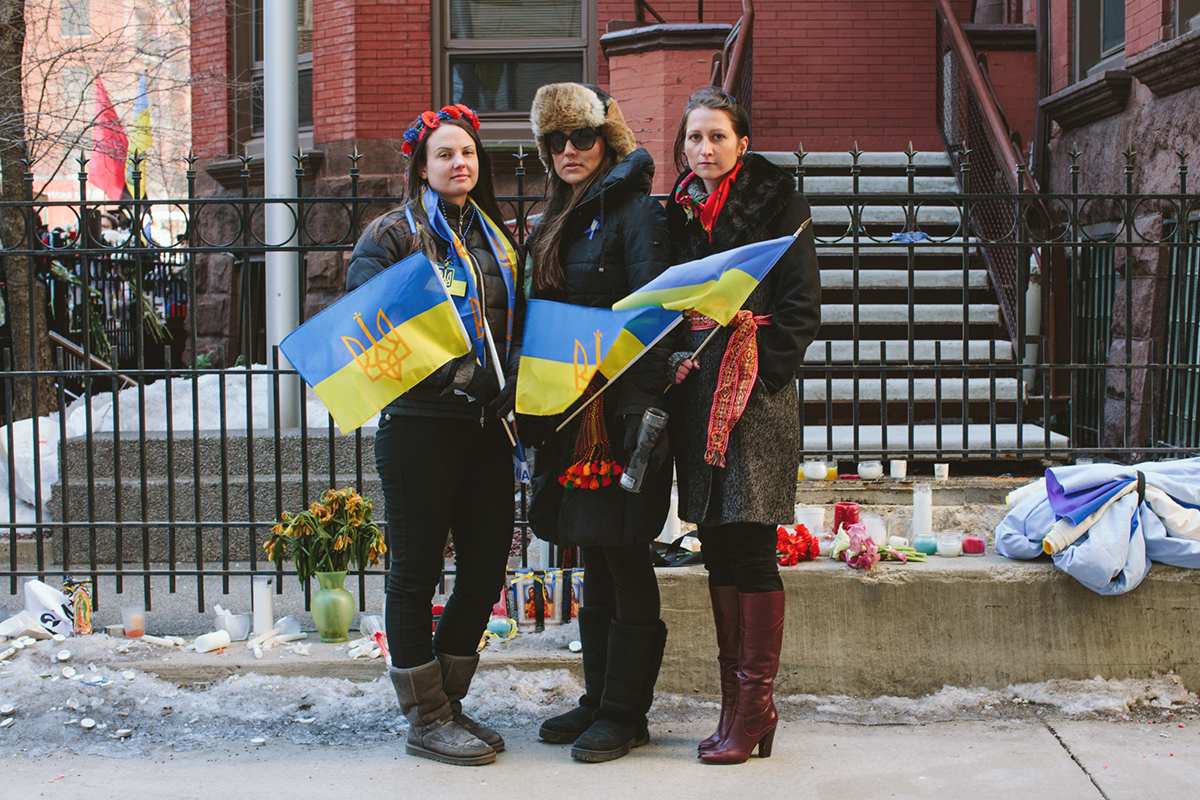I emailed Chris Stamey with some (simple) questions about Ork Records and working with Alex Chilton for an Economist piece on the Numero Ork box. Here's the complete interview.
Hearing and seeing Television in 75 or 76, did you have an idea something new was happening? That this represented a new direction or not so much?
Much has been made of the way the band looked, the lack of shiny costumes and standard artifice, the lack of posing and rock-theatrics tropes. But the real--and very new--difference was obvious if you closed your eyes. They seemed to have sprung from a heritage that had lept over the blues and Chuck Berry, as if most of the 60s and 70s had not existed. It was an improvising quartet that touched both Albert Ayler/John Coltrane jazz and Midcentury Modern university music, with a freedom that was exhilerating and electric in the best sense of the word. I did connect it to a few rock things--the Hampton Grease Band live in the south, the Jeff Beck Yardbirds, a bit of the Who--but was riveted by the way the band sustained an attentive concentration. Listening, you had the sense that anything could happen at any moment, that danger was afoot, they were chasing down the molecules of time.
It's hard to say how that shock of the new happens. It's a flavor, difficult to describe. And rare. Like the judge said about pornography, " . . . but I know it when I see it." And there was no mistaking, from the first few notes, that Television was remarkable. They gave me hope.
A lot has been made of the whole CBGB scene, but I never heard any of the other bands that were remotely similar to Television.
And one clear difference--they rehearsed a lot! Extreme dedication there. They were a precision outfit when they needed to be, although keeping the guitars in tune without pedal tuners and guitar roadies made them seem less so. (There were no pedal tuners then, and no money for guitar techs, either, of course.)
One more thing: there was a sense that they were not lying to you the listener, and that they were trying to express difficult and perhaps important things in the same way that poetry does. It's hard to believe the degree to which most 70s rock was all about telling obvious lies to an enebriated audience, but I remember, I was there.
What was the NYC "scene" around Max's, etc. like for you? Inspiring or not so much?
Max's was a nice club to play, but a bit weighed down by the legacy of decadence, maybe the VU live record had changed expectations there. Anyway, CB's was my hang, not Max's so much. I could get in free at CB's but not at Max's!
What was your take on Ork Records at the time?
I was somewhat on the inside, as Charles Ball from Ork was managing Alex Chilton as well (I was in Chilton's band), and he liked to talk about what was going on. I thought it was total chaos, another inmates-take-over-asylum situation, but it was true that the major labels were everywhere and that Terry Ork himself was constantly enthusiastic no matter what. But there was no illusion that it was a functioning business, just phone calls from pay phones and scraps of paper in pockets with holes in them. The book that comes with the Numero release talks about heroin a lot, but this was hidden from me, it did not seem like a part of this. The atmosphere was one of change and excitement, and it seemed like there was a lot of good-will toward the label from the NY press and label folks, that they, too, were ready for a sea change.
How would describe Terry Ork? Why would anyone make a record with him in those days?
Here is my description of Terry, from the book that comes with the record: "Terry was a benevolent presence in the scene. He was our Jerry Garcia, a smile big as all indoors, with a halo of chaos and insurrection. He gave everyone hope and encouraged all efforts, however nascent and tentative, with dreams of world conquest."
Do you think the label captured the spirit of that era?
"Little Johnny Jewel" is a great record that was their first but also their greatest accomplishment. It was influential in some quarters the same as "seeing the Beatles on Ed Sullivan" had been years earlier. I am not sure that the label ever topped that one.
Is it accurate to call it the first punk 45 label?
This is a musicologist question, not one for me, what label were the 13 Floor Elevators on? The Seeds? It was probably the first American label to have such a strong French new cinema background.
Was the label influential? Important?
Every Ork record was paid attention to because it was Ork. Same as Stiff.
With the Cossacks, how functional was Alex Chilton? How did he fit into what was happening in NYC?
He was brilliant, very kind, witty/sardonic, and a very very good musician. He was a bit sad at times, getting over the end of a love affair. He gradually modified his approach to playing the clubs to fit the wildness of what was going on around him, both out of enthusiasm and also just a desire to be popular and draw bigger crowds (in my view).
PLEASE listen to this, as proof of his attitude, from a cassette at a rehearsal right before he and I played CBGBs for the first time:
He thought we were going to be taking over the world shortly! That was the spirit. Maybe you should give this as a hotlink in your article?
Many view this era in Chilton's career as a dark time, is that accurate?
He got worn down, later that year (1977), as he was dirt poor in NYC but with everyone buying him free drinks at the bars. But his playing in the later live gigs (not the Ocean Club record, which was the first gig after only 2-3 rehearsals) was fantastic, great guitar playing.
You had him produce your first solo single. How was working with him in the studio?
I learned a ton. It was a master class in making the technology serve the art, instead of the other way around. See the Ork book. Here is an excerpt from my annotated songbook (as yet unpublished), New York Songs:
"[H]e found the Beach Boys side of the song when he produced it for Ork later that month, with just the two of us playing all the instruments and singing all the parts, Alex turning compressor knobs until they cried for mercy, commanding that we “sing like hounds” on the backup “ah-oop”s. He arranged it on the spot so that every instrument had a purpose, his drumming hitting just the beats that were crucial, his concise guitar solo a marvel of economy in the thirds-harmony style of the Beatles’ “And Your Bird Can Sing” (the tune that was also the template for the rhythm guitar groove of his own classic “September Gurls”)."
Ork teased a Chris Stamey album as a follow-up to "Summer Sun," but this never happened. Why?
They were broke.

